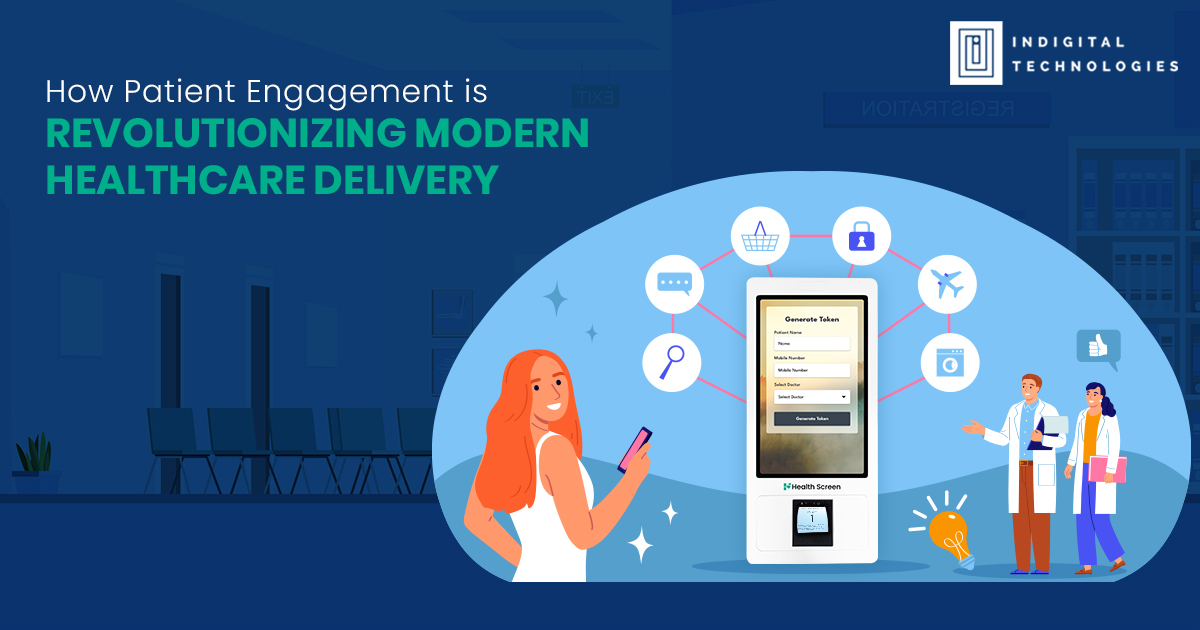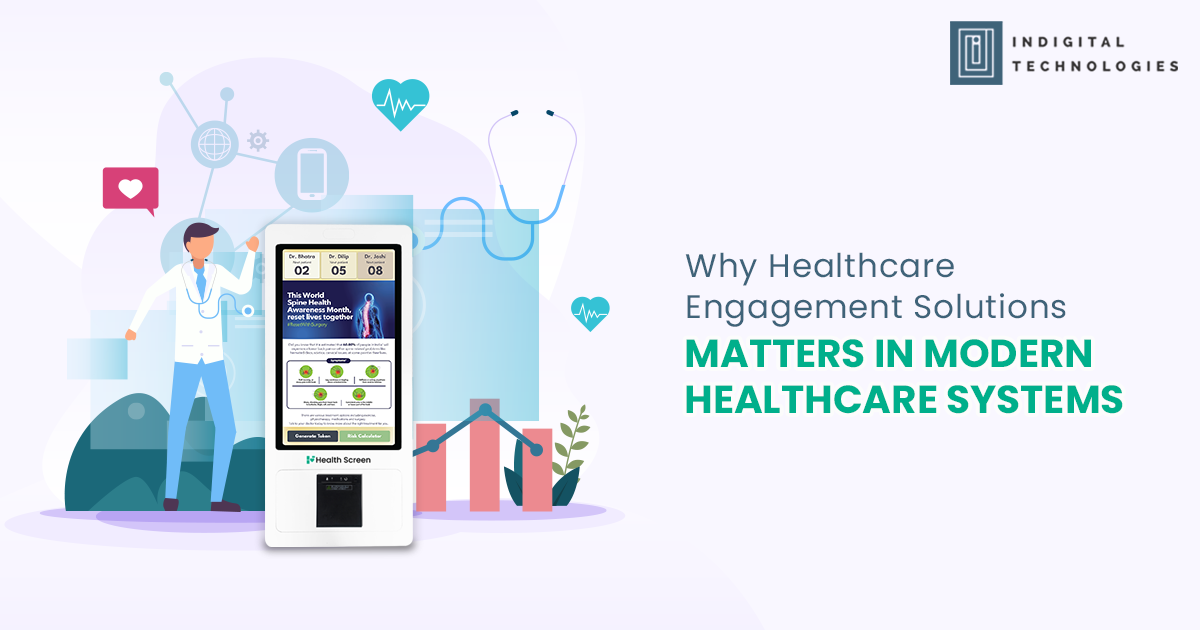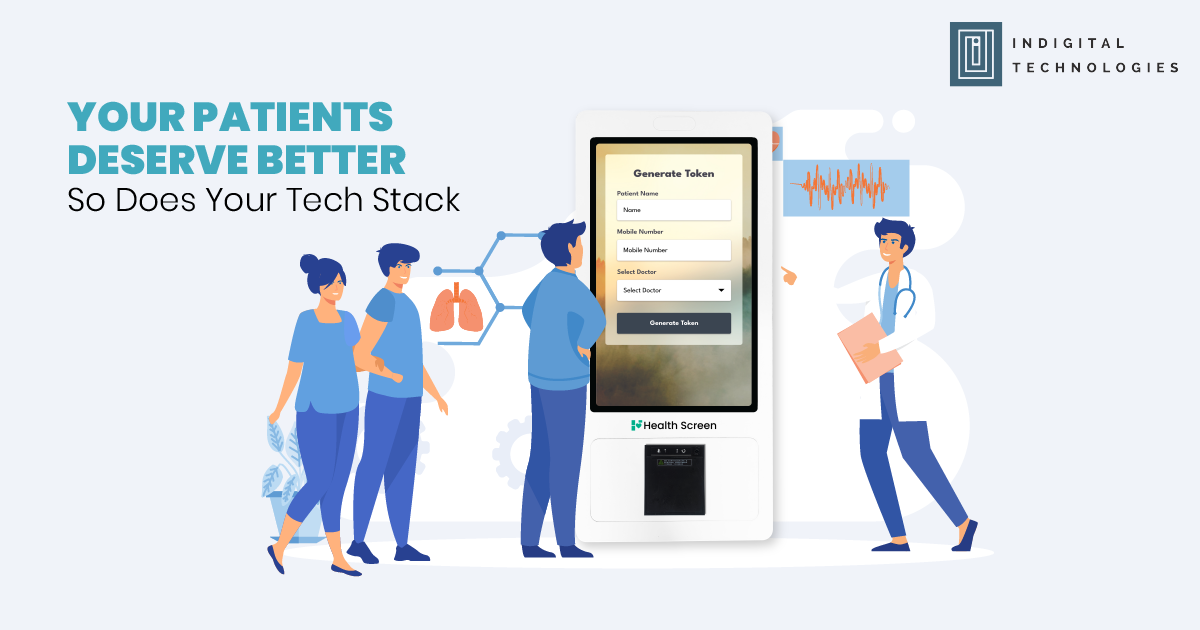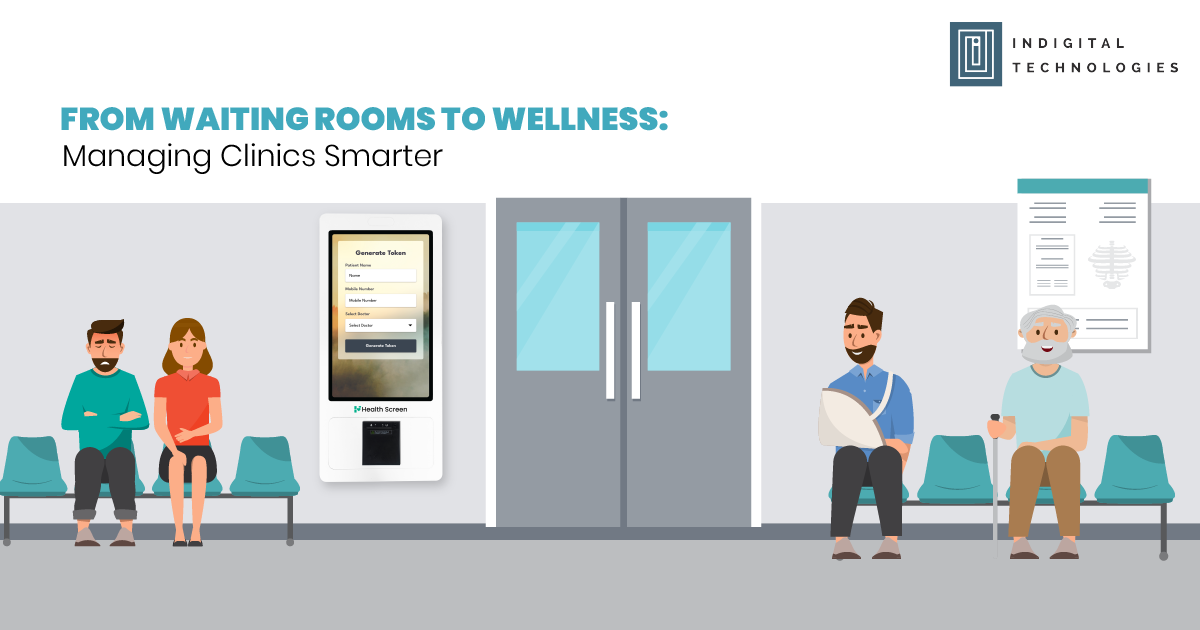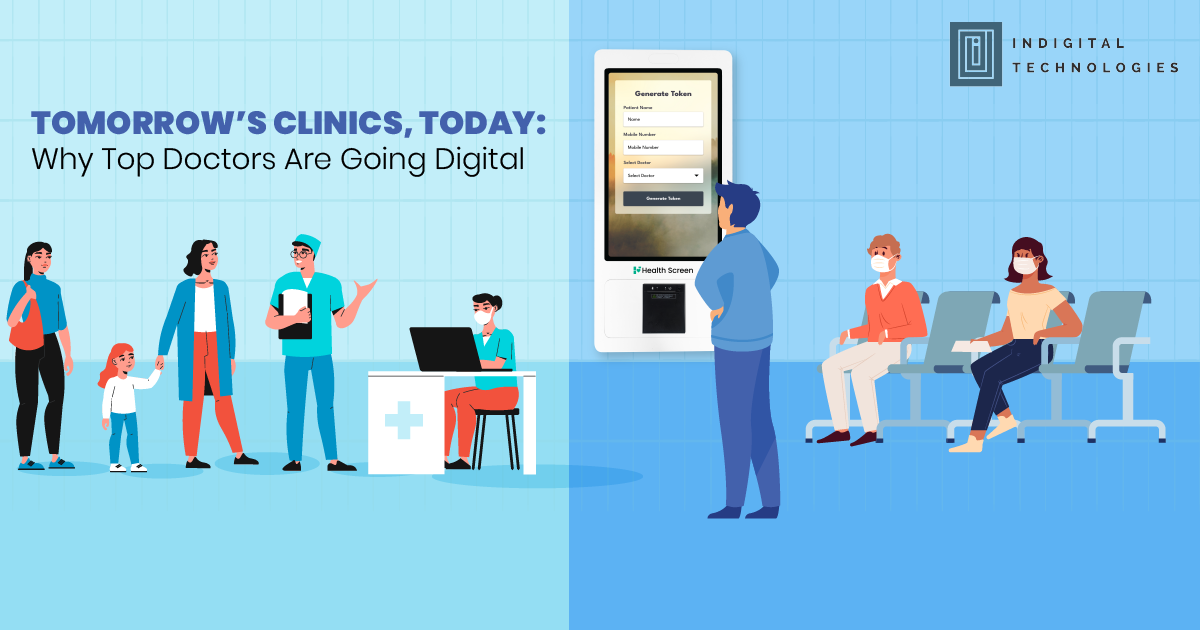In today’s healthcare ecosystem, patient engagement has moved from being a desirable strategy to an essential pillar of care. Doctors, clinics, hospitals, and pharmaceutical companies alike are realizing that empowering patients with timely information, two-way communication, and accessible tools is not just good practice — it’s transformative for outcomes, loyalty, and overall system efficiency.
What Is Patient Engagement?
Patient engagement refers to active collaboration between healthcare providers and patients, where patients are empowered to make informed decisions about their health. This includes access to educational resources, appointment reminders, medication adherence support, and opportunities for feedback and dialogue.
The goal is simple but powerful: transform patients from passive recipients into active partners in their care journey.
Key Drivers Behind the Shift
- Digital Transformation:
Technologies such as mobile apps, telemedicine, wearable devices, and AI-powered portals have made it easier than ever to stay connected with patients in real-time. - Evolving Patient Expectations:
Modern patients expect personalized experiences similar to those they receive in retail or banking. They demand convenience, transparency, and rapid responses. - Regulatory Pressures and Value-Based Care Models:
Healthcare systems worldwide are increasingly tying reimbursement to patient outcomes and satisfaction, not just services rendered. - Data-Driven Insights:
Rich patient engagement generates invaluable data, enabling better diagnosis, preventive care, and customized treatment plans.
Benefits for Doctors and Clinics
Benefits for Pharma Companies
- Improved Treatment Adherence:
Engaged patients are more likely to follow treatment protocols, resulting in better health outcomes and fewer complications. - Operational Efficiency:
Pre-visit education, digital intake forms, and virtual follow-ups help streamline workflows and reduce unnecessary clinic visits. - Enhanced Reputation and Patient Loyalty:
Clinics known for their proactive communication and patient-centric care foster greater loyalty and positive word-of-mouth. - Stronger Patient-Centric Branding:
Brands that empower patients build emotional connections, leading to better brand recall and trust. - Better Real-World Data Collection:
Engagement platforms allow pharma companies to gather real-world evidence on medication usage, side effects, and treatment outcomes. - Increased Therapy Adherence:
Educated patients understand the importance of continuing their prescribed therapies, leading to improved adherence and better drug performance metrics.
Real-World Impact: Case Studies
- Telehealth Programs:
Clinics that adopted patient engagement portals during the COVID-19 pandemic saw 30-40% higher appointment retention rates. - Digital Therapeutics in Chronic Care:
Pharma-supported mobile apps for diabetes and hypertension management have shown measurable improvements in patient compliance and HbA1c reduction.
Moving Forward: A Call to Action
Healthcare providers and pharma companies must treat patient engagement as a core strategy, not an optional add-on.
Investing in the right patient engagement tools, training staff, and personalizing interactions can lead to a healthcare revolution where both patients and providers win.
The future of modern healthcare delivery is collaborative, digital, and patient-powered.
Are you ready to lead the change?

